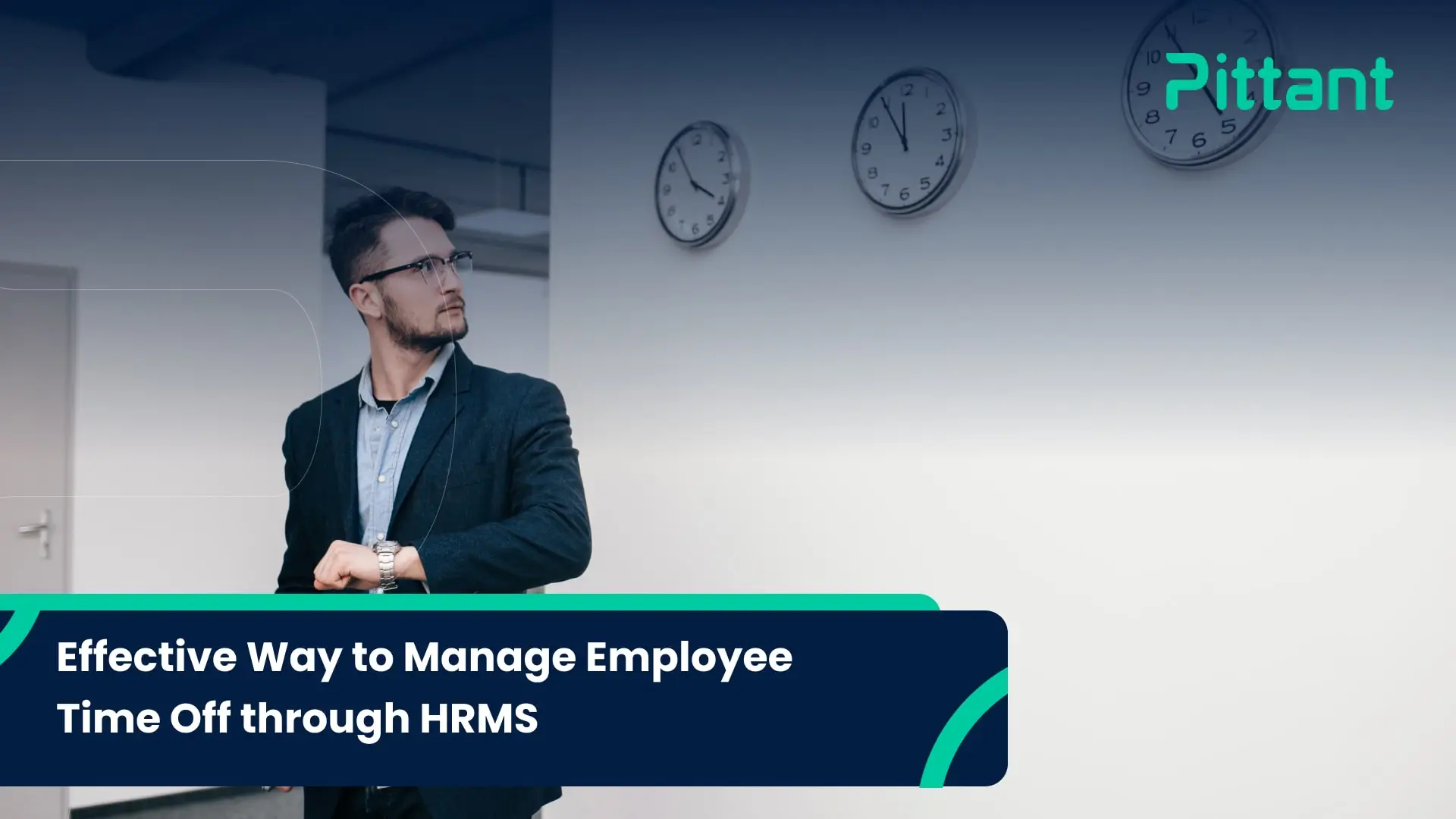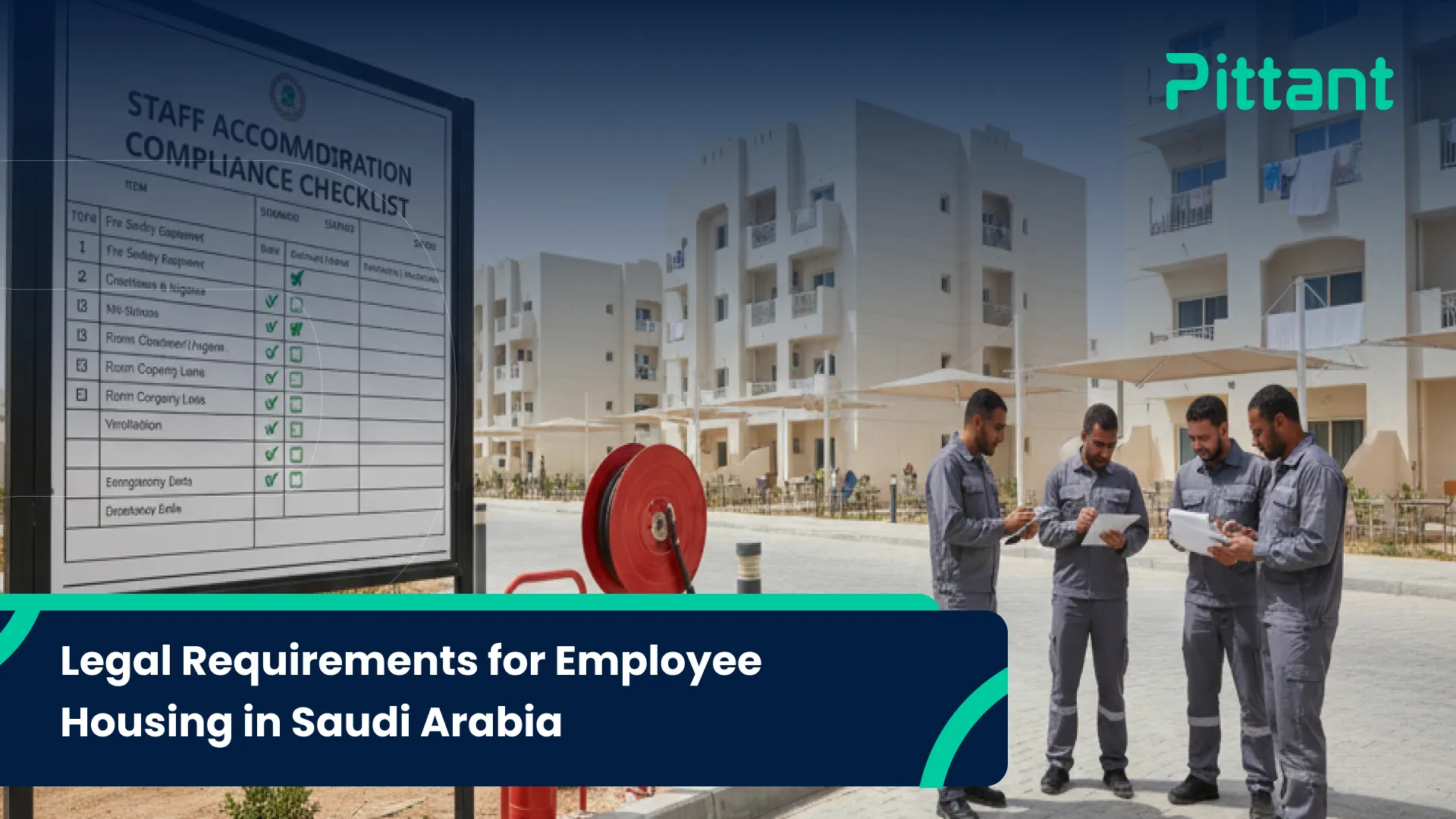Employee time-off management is important to employee satisfaction, worker efficiency, and overall business performance. HRMS provides a robust option for streamlining this procedure. HRMS automates requests, approvals, and monitoring, reducing administrative work and ensuring accuracy. Centralized leave policies, accruals, and balances ensure openness and uniformity.
What is time off?
When employees take leave for illness, emergencies, vacations, and any other personal reasons, it’s known as employee time-off. It is important for employee satisfaction and efficiency. Effective time off management assures equitable distribution, reliable record-keeping, and adherence to labor rules.
Could you clarify the meaning of time off management software?
The time-off management software maintains employee leave requests, approvals, and leave balances. It automates the employee leave management procedure to provide accuracy and quick solutions. It’s the ultimate digital solution for smooth and reliable employee management with a few clicks.
Key features of this software for tracking employee time off include:
- Automated Request and Approval Workflow: streamlines the process of submitting, reviewing, and approving time-off requests.
- Centralized Policy Management: Organizes and administers company-wide leave rules to ensure uniformity and compliance.
- Real-time Balance Tracking: Gives employees visibility into their current time-off balances.
- Calendar Integration: Synchronizes with workplace calendars to prevent scheduling conflicts.
- Reporting and Analytics: Provide insight into labor usage and time off statistics.
- Employee time off software improves efficiency, employee satisfaction, and organizational workforce planning by automating tedious activities and delivering valuable insights.
Benefits of time off requests
For Employees
Employees can balance their work life and maintain their health to obtain time off when required. It’s essential for employee satisfaction and well-being and to boost their performance.
For Employers
Allowing all employees to take time off can help companies create a healthy work environment and improve overall performance. Employee time off requests offer several advantages, including improved employee energy, decreased anxiety, improved efficiency, better balance between work and life, and enhanced retention of workers.
Types of time off requests
Requests for time off include holidays, sick leave, personal leave, funeral leave, parental or maternity leave, jury service leave, army leave, volunteer leave, and a leave of absence. Organizations may have extra leave categories that are suited to their specific needs.
Paid Time off
Paid vacation is a sort of leave that allows employees to take time off from work while receiving compensation. This covers vacation, medical leave, as well as private leave.
Unpaid Time Off
Unpaid time off is time taken off from work without being compensated. It can be used for a variety of purposes, which include personal emergencies, family commitments, and extended breaks.
The Significance of Effective Time Off Management
Effective time-off management is important to employee satisfaction, productivity, and overall business performance. It assures correct scheduling, precise record-keeping, and adherence to labor rules, resulting in a more positive work environment and higher staff retention.
Several Efficient Ways for managing time off
Several efficient methods to managing employee time-off requests include using employee time-off tracker software or implementing an accurate time-off request system, clearly defined and communicated time-off policies, efficient communication between staff and managers, using HRMS to automate processes and track time off, and reviewing and optimizing time-off regulations regularly.
Allowance for Time Off
Accommodation for time off is a clause in employment contracts or corporate policy that allows employees to take time off from work, usually for pay. This can include vacation time, sick leave, personal leave, and other permissible absences. The particular allowances and eligibility criteria differ according to the organization and the applicable labor regulations.
Establish Clear Guidelines and Limit
Establishing clear guidelines and limits is essential for managing employee time off requests. Clearly defined policies on eligibility, accrual rates, carryover limits, and blackout periods help ensure fairness and consistency. By setting reasonable limits on the amount of time employees can take off at once or within a specific period, organizations can maintain operational continuity and balance employee needs with business requirements.
Deadline Policy
A deadline policy establishes explicit expectations for completing activities and projects within certain time constraints. It describes the repercussions of missing deadlines, such as performance reviews or disciplinary procedures. This policy encourages responsibility, efficiency, and timely work delivery, all of which contribute to the overall success of the business.
Procedure for Requests
An established protocol for managing time off requests guarantees that they are processed and approved efficiently. Employees should make requests using a predetermined system, such as an HRMS portal or a specified form. The process includes:
- Submission: The employee submits a request with the required information.
- Approval: After reviewing the proposal, the management either approves or denies it.
- Notification: The employee is informed of the decision.
- Tracking: The system logs and tracks approved time off.
Conclusion
Good time-off management is important in maintaining employee satisfaction, productivity, and overall corporate success. Absence management software Saudi Arabia offers a comprehensive solution for streamlining this procedure. HRMS automates requests, approvals, and tracking, reducing administrative work and ensuring accuracy. Centralized leave policies, accruals, and balances ensure openness and uniformity. Real-time information allows managers to make more informed decisions and enhance staff planning. Finally, HRMS enables employees to manage their time off effectively, contributing to a healthy work environment and corporate success.
FAQs
How do you handle an employee taking too much time off?
Managing employee time off requests is very important. If the employee takes too much time off, discuss the situation informally. Discuss your complaints, discuss corporate policies, and brainstorm potential solutions together. If personal circumstances prevent someone from attending, consider offering flexibility or help.
How do you manage employee timekeeping?
Implementing a dependable employee time-off tracker software, enforcing a clear time-off policy, regular monitoring and reporting, immediately correcting problems, and giving timekeeping technique training are all part of effective employee timekeeping practices. This assures accurate record-keeping, compliance with labor rules, and effective payroll processing.
How do you manage employees’ leave?
Clear policies, an easy-to-use request system, prompt approvals, good record-keeping, and regular communication all contribute to effective leave management. Consider utilizing HRMS to automate procedures, provide reports, and assure compliance.




